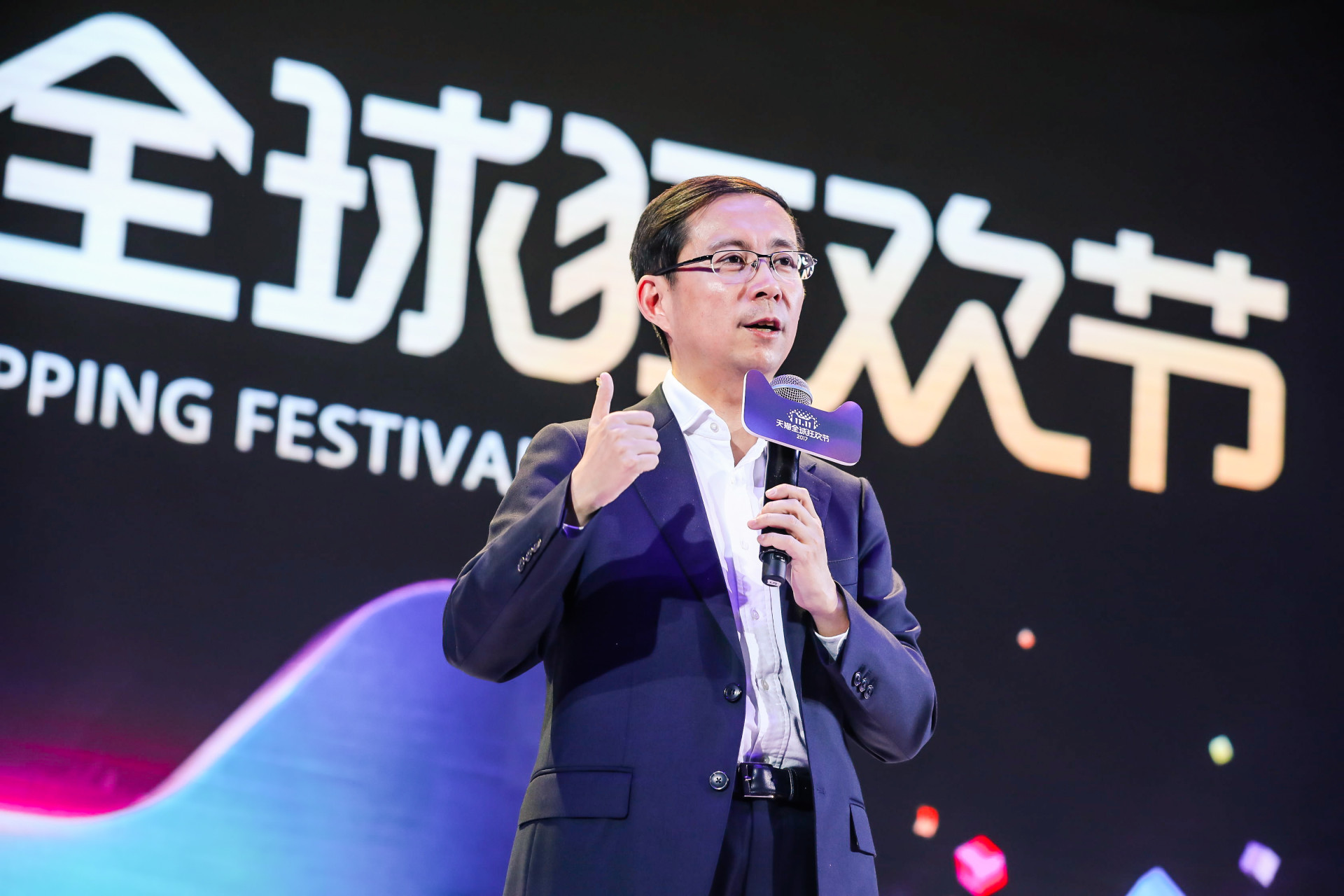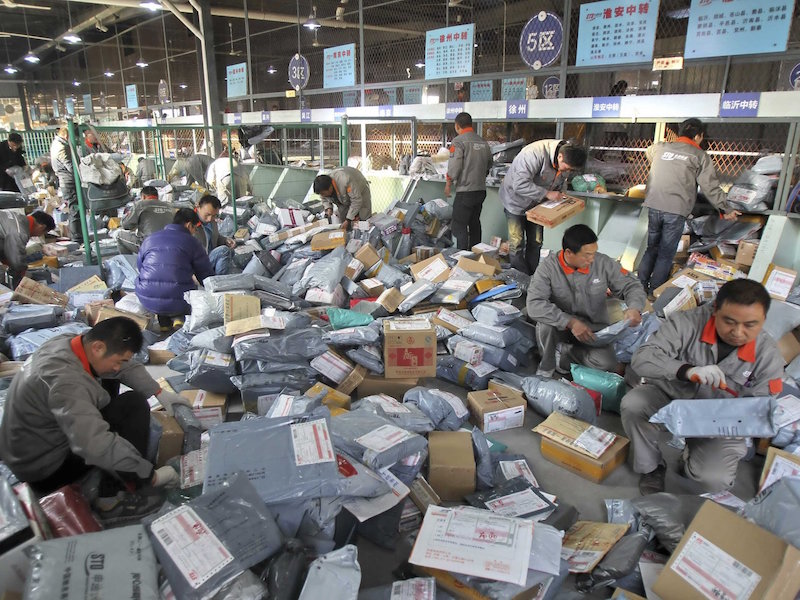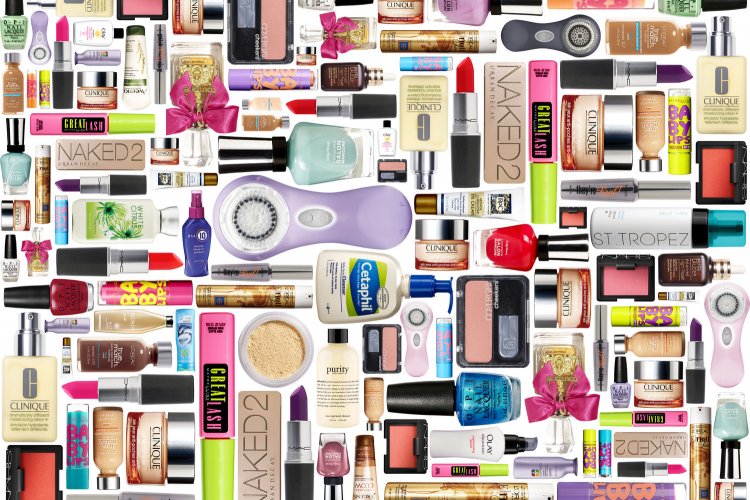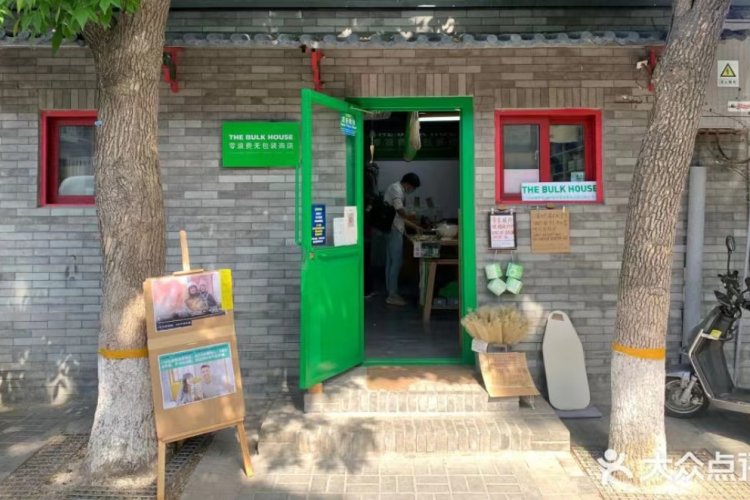The Past, Present, and Future of Singles' Day, the World's Largest Shopping Spree
This post comes courtesy of our content partners at TechNode.
It’s that time of the year again. Chinese hand-choppers, online shopping addicts who promise to chop off a hand if they continue to buy things they don’t need, are stuck even tighter to their smartphone, fishing for their favorite goods day and night until their shopping carts are full. People talk about the tricks in getting the most coupons form online retailers. Everyone is lurching around, waiting for the clock to strike zero o’clock on Nov 11 so that they can throw money at their screens.
The past decade has witnessed the most vigorous development of e-commerce in China and Singles’ Day is no doubt a phenomenon that crowns the milestones of each year. While we are approaching the ninth anniversary of the extravaganza, it’s time to look into the past, present and future of Singles’ Day.
World’s largest shopping festival in nine years
Singles’ Day first originated among China’s young people as something like an anti-Valentines Day, when bachelors or bachelorettes could use as an excuse to get together and have their own funs. Seeing the rise of dedicated shopping days globally, Chinese e-commerce giant swooped in quickly in 2009 to rebrand it into China’s, and now the world’s largest shopping festival.
To put the sheer size of Singles’ Day into perspective for those living outside China: Prime Day, the member-only event of Alibaba’s US counterpart Amazon, recorded sales of USD 1 billion this year. Black Friday’s sales hit USD 3.34 billion in 2016, while Cyber Monday booked a record-breaking USD 3.45 billion.

However, these numbers are nothing compared to the size of Singles’ Day, which hit USD 17.8 billion sales (GMV) in a single day on Nov 11 last year. The same number would equal to the annual e-commerce sales Spain in 2016. The combined revenue of Amazon Prime day, Black Friday and Cyber Monday only equals 43 percent of Singles’ Day revenue.

What’s more impressive is that it’s only the spending tally on Alibaba’s marketplaces. Alibaba is the trendsetter for Singles’ Day, but the Chinese e-commerce juggernaut is far from being the single power behind the shopping festival culture in China. Other e-commerce competitors like JD have joined to take a piece of the pie.
What to expect this year
Singles’ Day is continuously breaking its own records since its inception. “Each year, while we celebrate another record-breaking 11.11 after the 24-hour shopping spree, we are also beset by the problem of how to outperform ourselves and deliver greater experiences next year,” Daniel Zhang, Alibaba Group CEO said at the launch event of this year’s Singles’ Day.
This is perhaps the same question that lingers in the minds of millions of customers, sellers and investors. After accomplishing an “impossible mission” of USD 17.9 billion sales in 2016, what is Alibaba’s goal for this year, and more importantly, how it’s going to realize it?

Even larger scale spree in partnership with global brands and supply chains
Singles’ Day, now officially dubbed the 11.11 Global Shopping Festival, has evolved from a 24-hour online sale into a 24-day festival season celebrated both online and offline. Consumers around the world will enjoy promotions and offers from more than 140,000 brands and 15 million product listings.
For Chinese consumers, who are increasingly aspiring for quality products and a wider range of choice, more than 60,000 international brands will be available to them across the Alibaba marketplaces. Participating brands include Adidas, Bose, La Mer, L’Oréal, Mac, Mattel, Mondelez, Nike, P&G, Shiseido, Siemens, Unilever, Uniqlo, Wyeth, Zara, and more.
In addition, to bring overseas quality brands to local customers, Alibaba is also pioneering a new initiative to lead the globalization of 100 Chinese brands, with a focus on the Southeast Asian markets at the initial stage.
Free shipping will be introduced to ten countries during this year’s Festival to extend the global reach, mainly through its logistics affiliate Cainiao.
Online shopping spree to offline carnival
In the wake of the heat surrounding "New Retail," a term founder Jack Ma coined to depict the increasingly blurring boundaries between the online and offline shopping worlds, Alibaba is trying to turn Singles’ Day from an online shopping spree to an offline festival.
Alibaba will collaborate with 52 shopping malls to set up 60 New Retail-powered Pop-up Stores across 12 cities in China. Consumers can visit a pop-up store of a cosmetics brand, for example, to experience an augmented reality (AR) lipstick trial. Based on LBS technologies, an AR game on Mobile Taobao App called Catch the Cat will drive online traffic to offline locations. Consumers will use their mobile device to catch the virtual Tmall Cat mascot at a number of retail partner locations to win special perks, discounts, and coupons for use at online and offline stores.
Nearly 100,000 stores available in 31 provinces and 334 cities throughout China will also be converted into “smart stores” to bring a range of New Retail experiences such as facial recognition payment and scan-and-deliver O2O shopping. New Retail will also be rolled out for community stores such as Rural Taobao service centers and neighborhood convenience stores.
Consumer Engagement and Retail as Entertainment
After years of efforts, Alibaba is a powerhouse not only in e-commerce but also in China’s entertainment sector as well. The company is now leveraging its media and entertainment assets to drive online consumption.
Chris Tung, Alibaba Group’s Chief Marketing Officer, said, “Alibaba Group’s 2017 11.11 Global Shopping Festival brings consumers around the world a step closer to realizing the aspirational life where entertainment and retail become one.”
27 global brands have joined with Alibaba to produce the four-hour Tmall Collection See Now, Buy Now Fashion Show on October 31. Viewers become consumers on the spot and immediately buy what they see in the fashion show, regardless of which platform they choose. Introduced in 2016, this year’s fashion show features major brands under fashion conglomerates such as LVMH, SMCP and Estée Lauder.
Directed by Hollywood producer David Hill, the 11.11 Countdown Gala Celebration will feature top-tier singers and movie stars like Pharrell Williams and Jet Li. Additionally, the buzz surrounding the gala piled up since it also features the movie Gong Shou Dao, starring Jack Ma, the legendary Chinese entrepreneur behind Alibaba Group, and Jet Li.
Last but not the least, it is the red envelopes. It might not be the latest innovation when it comes to marketing in China, it’s the most effective one. More than RMB 250 million will be shared among Chinese consumers through various interactive games. One of which shoppers can invite friends to form special teams, and once their team’s purchases reach a certain amount collectively, all team members will be able to get discounts and coupons.
Today’s record, tomorrow’s new normal
The skyrocketing sales tend to draw all of our attention, but it’s also important to remain conscious of the fact that Singles’ Day is kind of a “nodal point” economy, where all the consumption powers of shoppers are unleashed during a 24-hour period. The impact before and after the shopping spree should not be overlooked because many would now save their purchases for Singles’ Day to get a better discount. Also, people’s consumption demand may be reasonably decreased after the shopping tally.
READ: Treat Yourself This Singles' Day With These Delicious 11-11 Deals
“The peak traffic of Singles’ Day in each year will turn into that for a normal day years later,” Tmall World director Hu Yuling citing Alibaba’s Jack Ma. “We use Singles’ Day as a continuous incentive to boost consumer demand as well as for the construction of infrastructures,” Hu explained.
The firm has done lots of efforts to change customers’ consumption habits, to change Singles’ Day from a 24-hour big shopping spree to an all-year-round new normal. “We have launched Tmall Supermarket, where users can make daily purchases for their groceries. Monthly or weekly small-scale promotion events are also held to create a new normal for online shopping,” she said.
Images: businessinsider.com, courtesy of Carvaka, Alibaba








